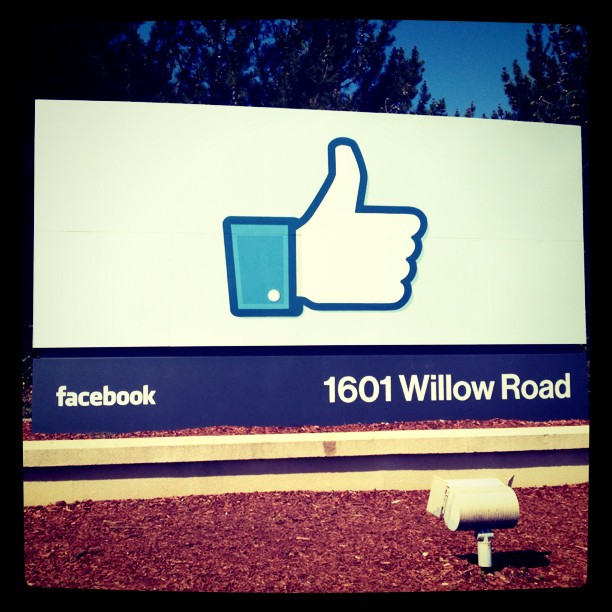
Image credit Kevin Krejci
In Facebook’s hilariously-named “Privacy Policy”, the company describes how it uses information about you, which includes data that you or someone else gives to the company, or that it (rather surreptitiously) collects about you. Obviously, a lot of that information is photographs. And as anyone who has ever used Facebook knows, many of those photographs are of someone's face. Here’s one of the things Facebook says it reserves the right to do with pictures of your face: “research.”
The policy goes on:
Granting us permission to use your information not only allows us to provide Facebook as it exists today, but it also allows us to provide you with innovative features and services we develop in the future that use the information we receive about you in new ways.
Ah yes, those cool and innovative features that Mark Zuckerberg and his Facebook friends will provide you in the future. Maybe a techno-dystopian police state isn’t what you had in mind? Pity.
DeepFace is coming for what's left of your privacy.
The company’s researchers say they have made great strides in solving one of the major problems with contemporary face recognition technologies. Today, commercial face recognition tools simply don’t work in dynamic, 3D, real-world spaces where police would find them most useful, like stadiums or train stations. The stuff you see on television shows, where cops use live footage from crowded city streets to automatically identify the bad guy using advanced face recognition tools, simply isn’t possible in the real world.
But it appears as if Facebook users, who have uploaded many billions of photographs to the data hungry website, have helped the technology progress substantially. In a paper published on Facebook’s website, the nerds boast that they have used an “identity labeled dataset of four million facial images belonging to more than 4,000 identities, where each identity has an average of over a thousand samples,” to build a face recognition methodology that works 97.5% of the time, even in “unconstrained environments.” That's code for "when your face is at a weird angle, and it's a little dark, and there are bad shadows, or there's something hanging on your eye." In other words, Facebook says it has finally struck face recognition gold. How did they do this? By using the “largest facial dataset to-date” used in face recognition development: the Facebook itself!
The engineers say that their method is a 25% improvement over anything ever seen before, “closely approaching human-level performance.”
Congratulations, Facebook users. Some of those photographs you uploaded of your drunk uncle at a BBQ, your besties on graduation day, and your political friends protesting in the park may have been marshaled in the great Silicon Valley/Beltway war against anonymity and privacy.
The face-recognition-enabled-Google-Glass wearing robocop of the future has just taken one major, if clunky, step forward. But there’s still hope. If Facebook’s nearly foolproof face recognition algorithm is anything like the ones on the market today, it can be pretty easily tricked simply by applying some (bizarre looking) makeup to one’s face. Happy painting!
Read more about Facebook and privacy.
